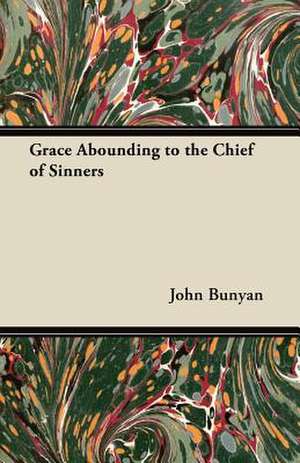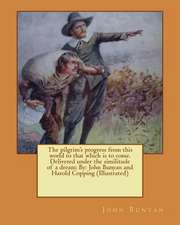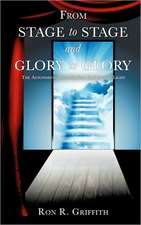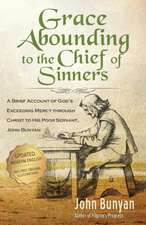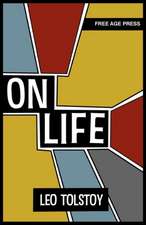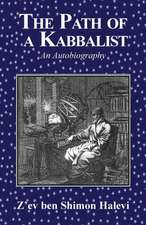Grace Abounding to the Chief of Sinners
Autor John Bunyanen Limba Engleză Paperback – 11 iul 2011
Preț: 136.37 lei
Nou
Puncte Express: 205
Preț estimativ în valută:
26.10€ • 27.02$ • 22.06£
26.10€ • 27.02$ • 22.06£
Carte tipărită la comandă
Livrare economică 06-20 martie
Preluare comenzi: 021 569.72.76
Specificații
ISBN-13: 9781447418177
ISBN-10: 1447418174
Pagini: 114
Dimensiuni: 140 x 216 x 6 mm
Greutate: 0.16 kg
Editura: CAVEN PR
ISBN-10: 1447418174
Pagini: 114
Dimensiuni: 140 x 216 x 6 mm
Greutate: 0.16 kg
Editura: CAVEN PR
Notă biografică
John Bunyan (/¿b¿nj¿n/; baptised 30 November 1628 - 31 August 1688) was an English writer and Puritan preacher best remembered as the author of the Christian allegory The Pilgrim's Progress, which also became an influential literary model. In addition to The Pilgrim's Progress, Bunyan wrote nearly sixty titles, many of them expanded sermons.Bunyan came from the village of Elstow, near Bedford. He had some schooling and at the age of sixteen joined the Parliamentary Army during the first stage of the English Civil War. After three years in the army he returned to Elstow and took up the trade of tinker, which he had learned from his father. He became interested in religion after his marriage, attending first the parish church and then joining the Bedford Meeting, a nonconformist group in Bedford, and becoming a preacher. After the restoration of the monarch, when the freedom of nonconformists was curtailed, Bunyan was arrested and spent the next twelve years in prison as he refused to give up preaching. During this time he wrote a spiritual autobiography, Grace Abounding to the Chief of Sinners, and began work on his most famous book, The Pilgrim's Progress, which was not published until some years after his release.
Descriere
Descriere de la o altă ediție sau format:
Composed and published while the author (1628-1688) was in prison for his religious principles, this work presents a spiritual autobiography. It was written in an age when religious radicalism was regarded as socially subversive, and provides an account of his inner life: his long struggle with and eventual triumph over doubt and despair.
Composed and published while the author (1628-1688) was in prison for his religious principles, this work presents a spiritual autobiography. It was written in an age when religious radicalism was regarded as socially subversive, and provides an account of his inner life: his long struggle with and eventual triumph over doubt and despair.
